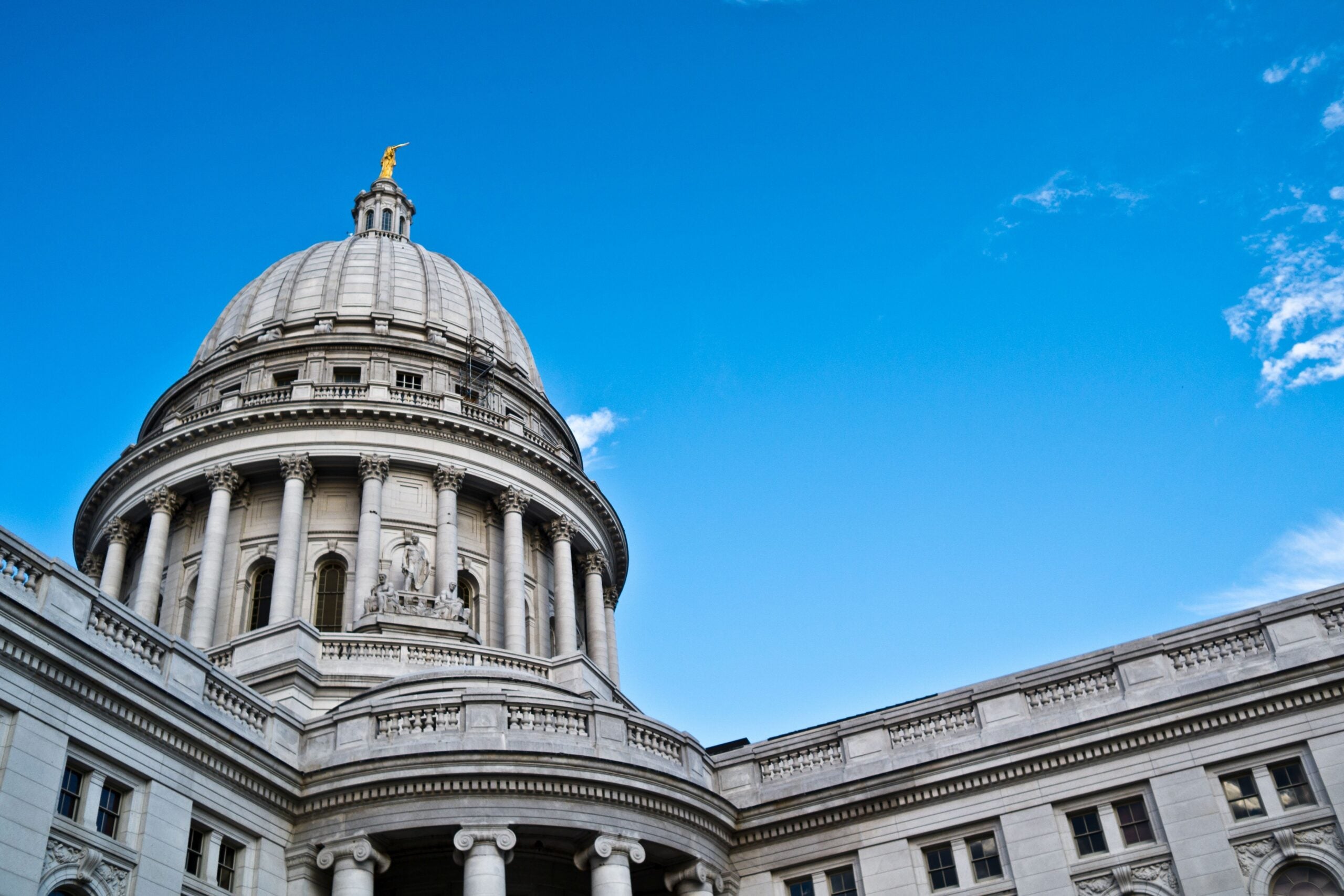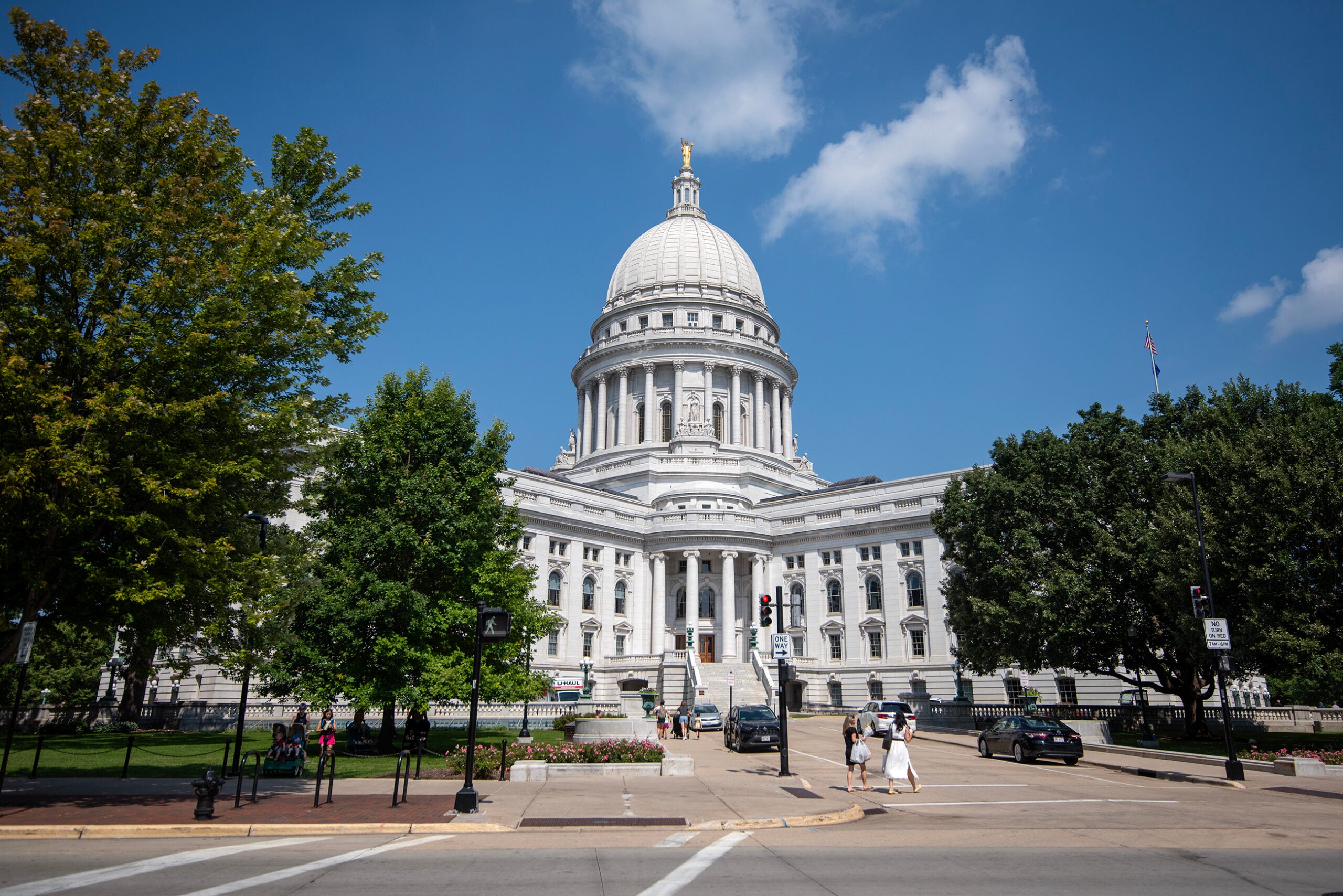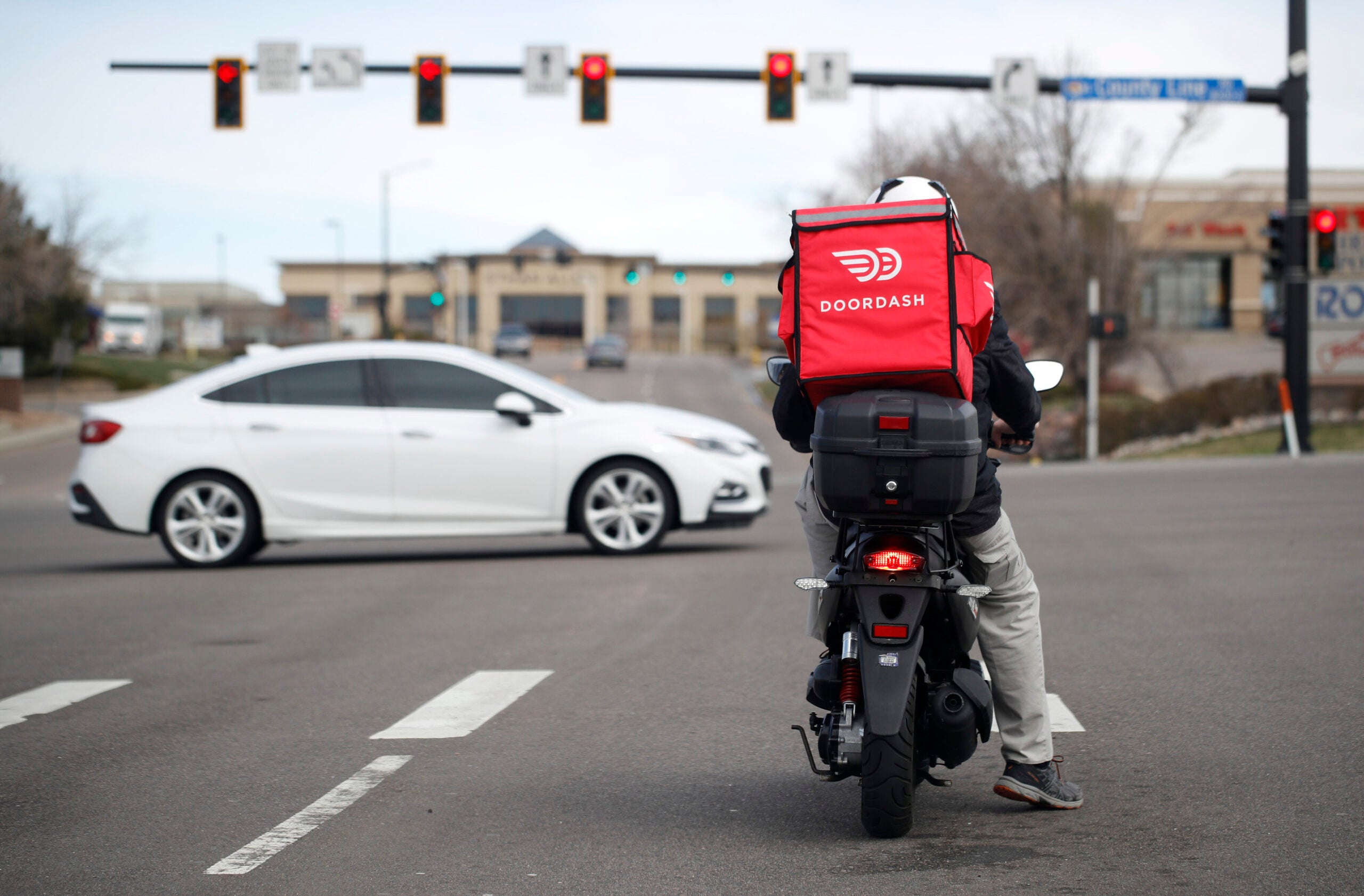Democratic state lawmakers unveiled several bills on Thursday aimed at supporting workers and spurring economic growth, including a plan that would raise the Wisconsin minimum wage to $15 an hour.
The proposals likely face long odds before the Republican-controlled state Legislature, but their backers say the changes are necessary to combat problems like the state’s worker shortage.
“I wish that we could all be standing here today saying that people all across the state of Wisconsin are, in fact, financially secure and that our economy is actually working for them — but that’s not the case for too many of our friends and neighbors,” said Sen. Melissa Agard, D-Madison, at a Capitol press conference.
News with a little more humanity
WPR’s “Wisconsin Today” newsletter keeps you connected to the state you love without feeling overwhelmed. No paywall. No agenda. No corporate filter.
One of the Democratic bills, which would raise the state minimum wage from $7.25 to $15 an hour, mirrors a state budget proposal from Gov. Tony Evers. Republicans removed the proposal from the budget.
“Gov. Evers laid out a vision in his proposed state budget that would have helped to build a strong foundation for economic security for all Wisconsinites,” Agard said. “But the Republicans chose to do less.”
Under the bill, the minimum wage would be immediately raised to $10.15 an hour and to $15 an hour one year after the bill’s passage. It would also require the state to revise the minimum wage annually based on the consumer price index and bar lower wages for tipped workers in the state.
State Rep. Francesca Hong, D-Madison, a small business owner who is co-sponsoring the minimum wage bill, said higher wages should be considered an investment by business owners. She argued better wages would reduce employee turnover, which can be costly, and improve productivity. Hong characterized the pay bump as not only fiscally responsible, but morally necessary.
“No person working a full-time job should be living in poverty, should be worried about having to work two to three jobs to make ends meet,” she said.
Other bills in the Democratic package would:
- Establish a baby bonds program in Wisconsin. Under the program, for every baby born to a family that qualifies for Medicaid, the state would deposit $3,000 into a trust fund that would be accessible for expenses like post-secondary education or starting a business when the child turns 18 years old.
- Create the Wisconsin Retirement Marketplace, a website where Wisconsin residents could browse retirement plans available to them.
- Create a county-based pilot program through the Wisconsin Housing & Economic Development Authority that would provide grants for low- and middle-income individuals that could be put toward a down payment for a house.
- Provide a state income tax exemption for pension payments from the Wisconsin Retirement System by public safety and front-line workers.
- Require manufacturers of prescription drugs to notify the state Office of the Commissioner of Insurance if the price of a drug increases more than 25 percent.
Republican leaders didn’t immediately respond to requests for comment on the bills’ prospects.
Wisconsin Public Radio, © Copyright 2025, Board of Regents of the University of Wisconsin System and Wisconsin Educational Communications Board.







